The vuvuzela has become a huge part of football in South Africa since the 1980s.
Fans visiting the Southern African country in the build-up to the 2010 Fifa World Cup finals were intrigued by the long plastic horn which is mostly blown by supporters during football matches.
Vuvuzela and makarapa, which is an ornamented miner’s helmet, are considered to be the symbols of South African football and therefore, they were both part of the character of the 2010 showpiece.
Many international fans embraced makarapa during the first World Cup to be staged in Africa with some helmets modified with flags of the 32 participating nations.
Criticism
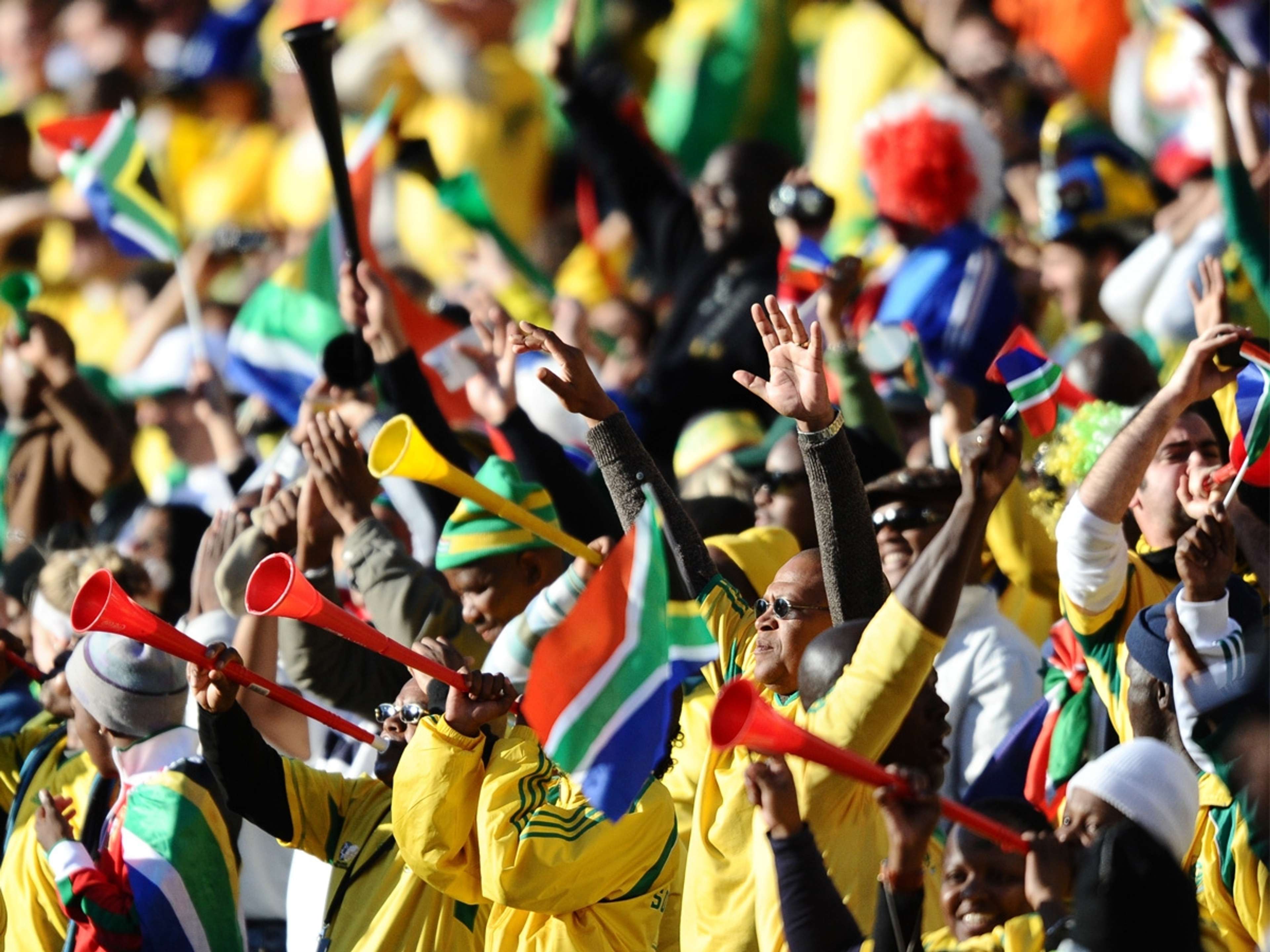 getty
getty
However, vuvuzela drew criticism from some fans and critics, who indicated that it was anti-social and unsafe as it causes noise pollution during matches.
Some experts even stated that vuvuzela may spread diseases that are airborne like flu or Tuberculosis (TB).
Dr Ruth McNerney of the London School of Hygiene & Tropical Medicine told the BBC that, a "vuvuzela blowing etiquette" may be needed rather than a ban.
"Just as with coughs or sneezes, action should be taken to prevent disease transmission, and people with infections must be advised against blowing their vuvuzelas close to other people," she said.
Soon some called for vuvuzela to be banned from football matches including then-Japan Football Association (JFA) president Motoaki Inukai.
“We have requested that the South African FA cut that noise out,” Inukai said on Four Four Two. ahead of the 2010 showpiece.
“You can’t hear yourself speak. I will be bringing it up [with then Fifa president Sepp Blatter]."
Self-proclaimed inventor
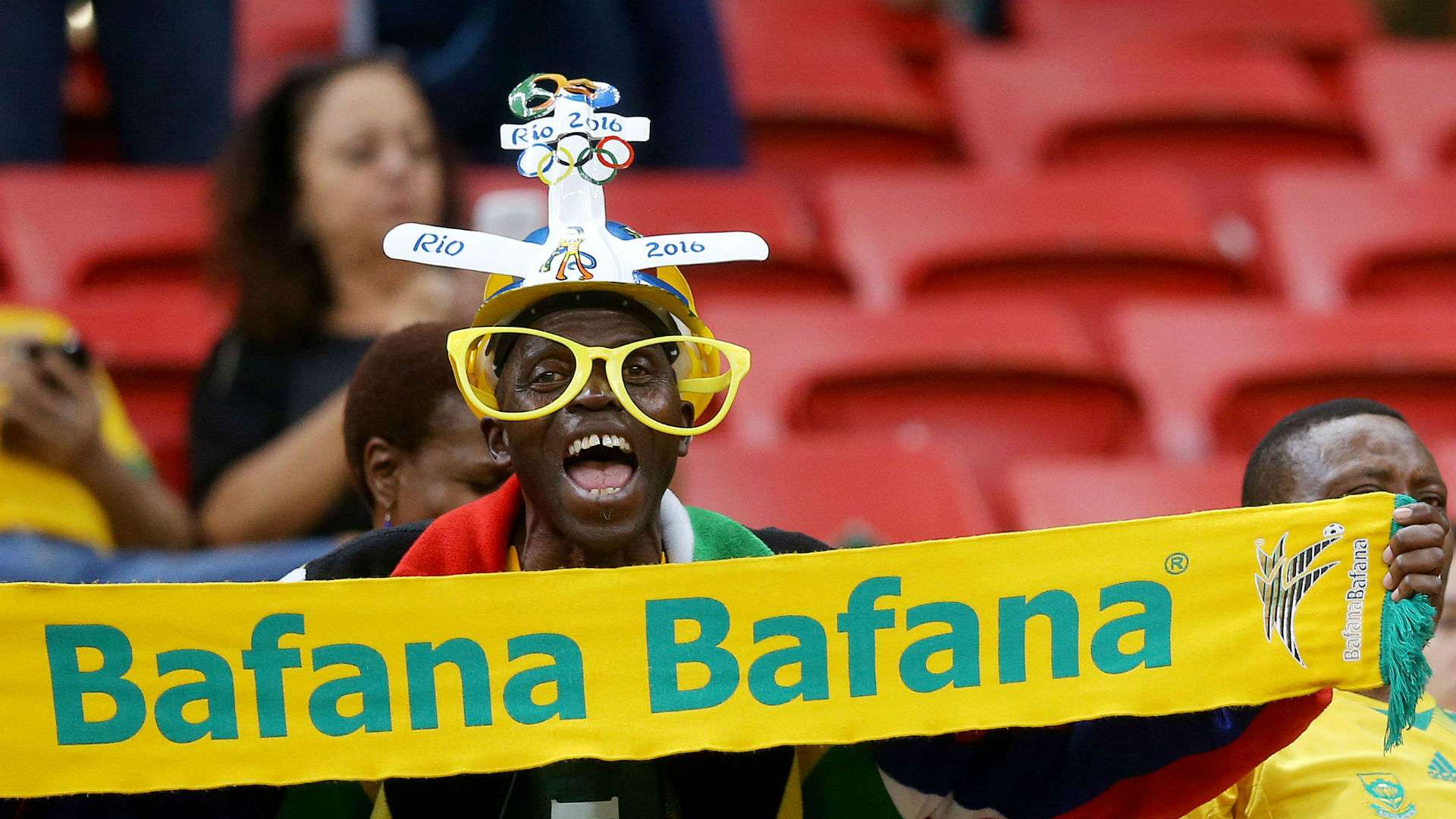 Getty Images
Getty Images
The vuvuzela was vehemently supported by South African fans, including Freddie 'Saddam' Maake, and Fifa rejected calls for a ban on the vuvuzela.
Self-proclaimed inventor of the vuvuzela, Maake, was among those who brought the noisy instrument to the stadiums during the tournament.
“I’d to be the first man to be arrested if they say the vuvuzela is banned. If it was not allowed into the stadium, it would mean we’d not go inside," Maake said on Brand South Africa.
"We would blow our vuvuzelas outside the stadium. I said to the Japanese fans: in your country you have karate … the Brazilians have samba. Here we have the vuvuzela.”
Eventual ban
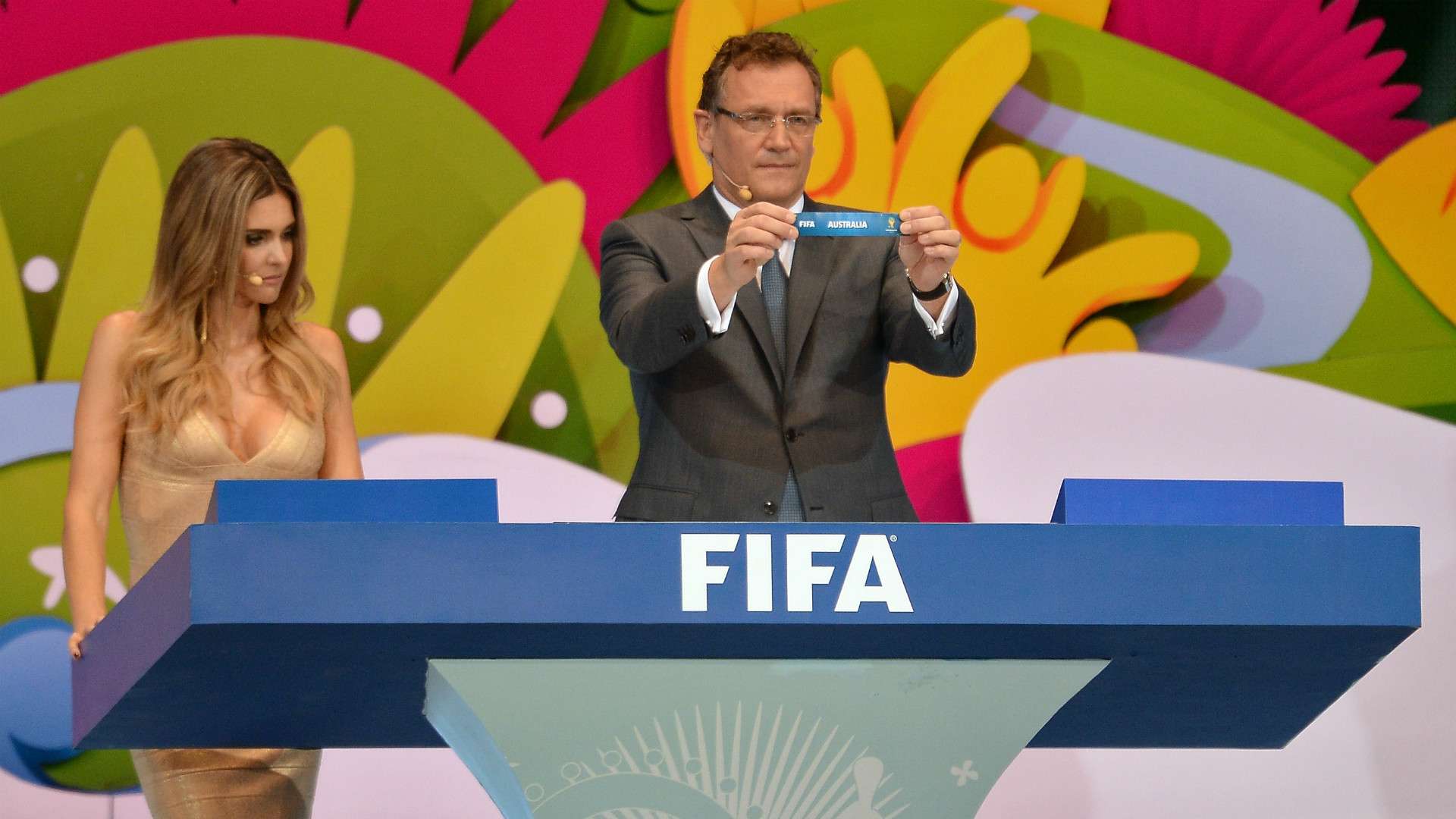 Getty Images
Getty Images
However, calls to ban vuvuzela from sports events grew after the 2010 tournament and Fifa finally succumbed to the pressure ahead of the 2014 World Cup in Brazil.
The instrument was included on Fifa's list of banned items from the tournament and more organizations and stadiums have since embargoed the vuvuzela.
It has been banned from the Union of European Football Associations' tournaments, Rugby World Cup finals, Ultimate Fighting Championship, Wimbledon, and many other events.
Furthermore, it is not allowed at high-profile cricket venues such as Lord's Cricket Ground, Melbourne Cricket Ground, and the Sydney Cricket Ground.
Weapon
 Ignat Manjoo
Ignat Manjoo
In 2015, a match referee Lwandile Mfiki was attacked by a fan, who was carrying a vuvuzela during a Premier Soccer League match between Kaizer Chiefs and Lamontville Golden Arrows.
A few days before the clash between Chiefs and Arrows, coach Roger de Sa had been pelted with vuvuzelas after his side, Orlando Pirates, were held to a draw by AmaZulu FC in a PSL match in the same year.
Nevertheless, the vuvuzela remains a vital part of South African football and it is widely considered to be an accessory to a dress code for a fan going to the stadium along with makarapa.
The PSL and South Africa Football Association still view it as a symbol of the local game and for some fans, the sound of a vuvuzela brings back good memories of the 2010 World Cup.
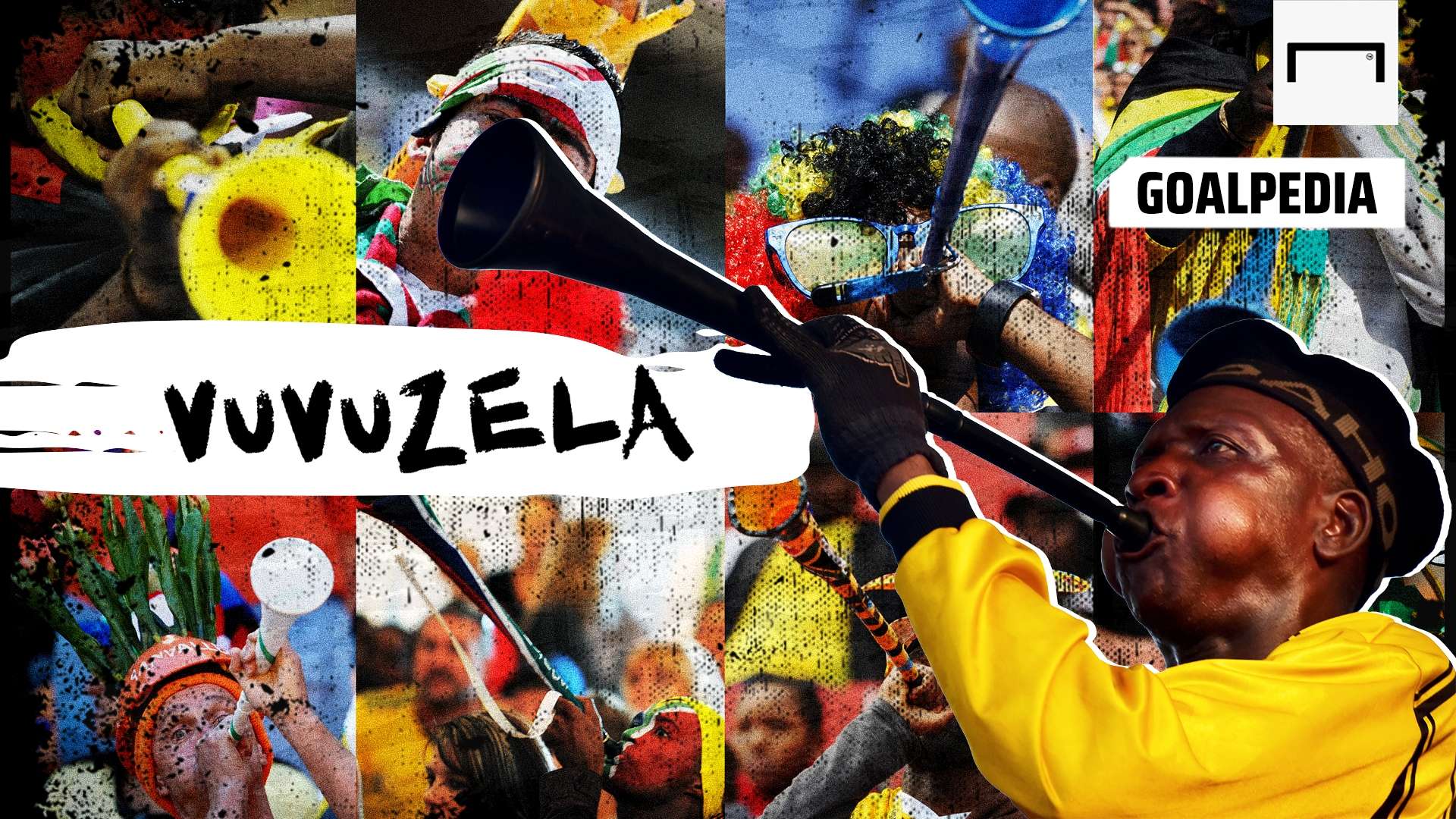
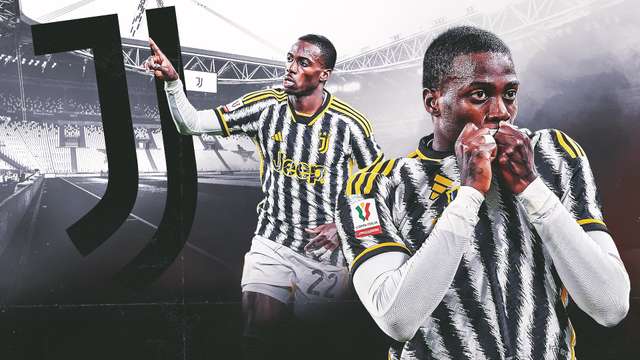


.jpg?auto=webp&format=pjpg&width=640&quality=60)